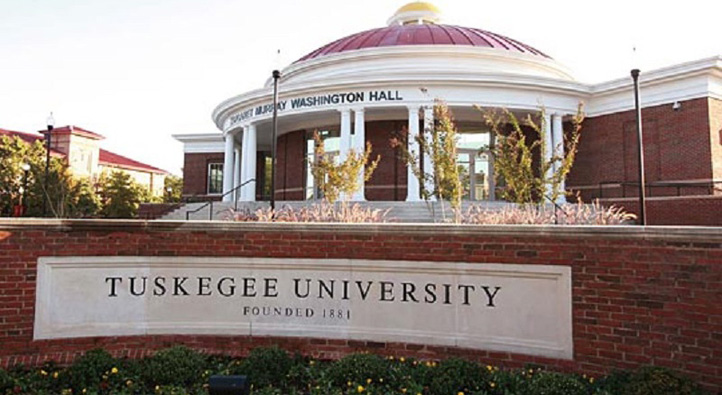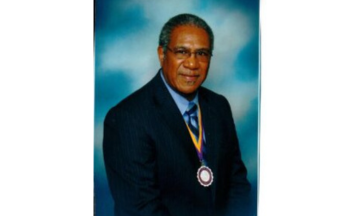MIAMI — For the Ingram clan, working for the Miami-Dade County transit system has led to regular paychecks, a steady advance up the economic ladder and even romance.
By driving buses in Miami’s sun-scraped communities, Richard Ingram and his wife, Susie, were able to join the ranks of the black middle class, moving with their four sons from a rental in the down-and-out neighborhood of Overtown eventually into their own house in central Miami.

Two of their children later followed them to the county bus depot. The eldest son, also named Richard, met his future wife there when she was assigned to the same route as his father.
“I tell you, my job is a godsend,” Richard Ingram Jr. said.
Now his older son, 21-year-old DQuan, is applying to take the transit system test, hoping to become a third-generation driver. But Mr. Ingram said that unlike when he was hired, today the competition is tougher and the jobs are a lot scarcer.
For the Ingrams and millions of other black families, working for the government has long provided a dependable pathway to the middle class and a measure of security harder to find in the private sector, particularly for those without college degrees.
Roughly one in five black adults works for the government, teaching school, delivering mail, driving buses, processing criminal justice and managing large staffs. They are about 30 percent more likely to have a public sector job than non-Hispanic whites, and twice as likely as Hispanics.
“Compared to the private sector, the public sector has offered black and female workers better pay, job stability and more professional and managerial opportunities,” said Jennifer Laird, a sociologist at the University of Washington who has been researching the subject.
During the Great Recession, though, as tax revenues plunged, federal, state and local governments began shedding jobs. Even now, with the economy regaining strength, public sector employment has still not bounced back. An incomplete recovery is part of the reason, but a combination of strong anti-government and anti-tax sentiment in some places has kept down public payrolls. At the same time, attempts to curb collective bargaining, like those led by Wisconsin’s governor, Scott Walker, a likely Republican presidential candidate, have weakened public unions.
Head over to The New York Times to read more.



